GI Symptoms Never to Ignore

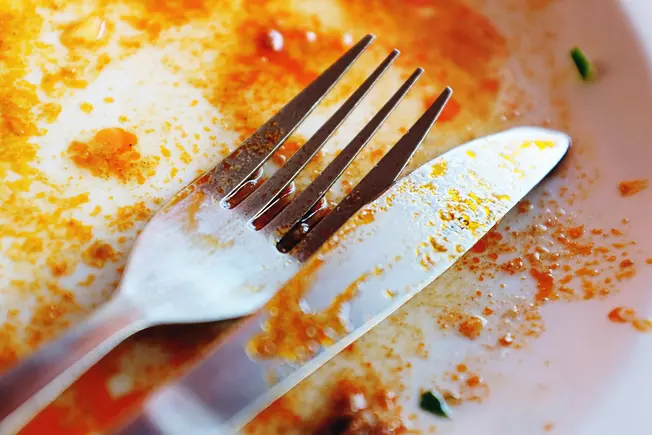
Stomach Cramps
Pain after you eat is a common symptom of Crohn’s disease. That’s an inflammatory condition that happens in your digestive tract. Your cramps flare up when the disease is active. You’ll probably have other symptoms such as diarrhea, joint pain, and weight loss, too.

Swollen Belly
It gets harder and bigger than normal when food and liquid can’t get through your intestines because of conditions such as tissue growth, an infection, or a hernia. You’ll likely have cramps, no appetite, and trouble pooping or passing gas. You should see a doctor right away if you have any of these symptoms.

Bloody Vomit
It could mean you have an ulcer. That’s a sore in the lining of your stomach or upper intestine. You might see blood, or it may look more like coffee grounds. You’ll probably feel some burning, aching, or gnawing pain in your chest that may go away for a while after you take an antacid. Go to the emergency room right away if you have these symptoms.
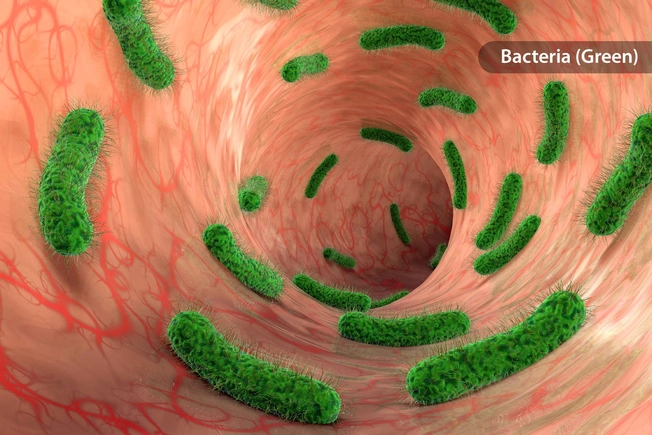
Bellybutton Pain
That can be a sign of a urinary tract infection (UTI), especially in kids. It might feel like a dull pain or pressure. It usually comes with other symptoms. You may also have a fever or a burning feeling when you pee. Pelvic inflammatory disease has some of the same symptoms as a UTI and can cause pain during sex. Appendicitis can start here, too. See your doctor to find out the cause so you can get the right treatment.
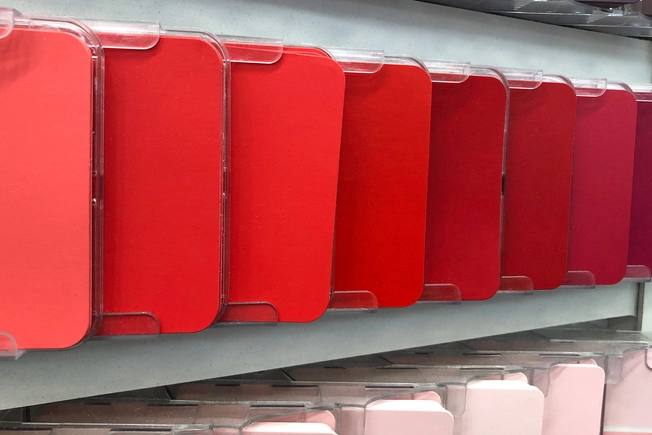
Bloody Bathroom Visits
If you see bright red when you wipe or in the toilet after you poop, call your doctor. You could be seeing blood from hemorrhoids or tears in your rectum. Colon cancer, colon polyps, colitis, and diverticulosis are less common, but they can all cause bleeding.
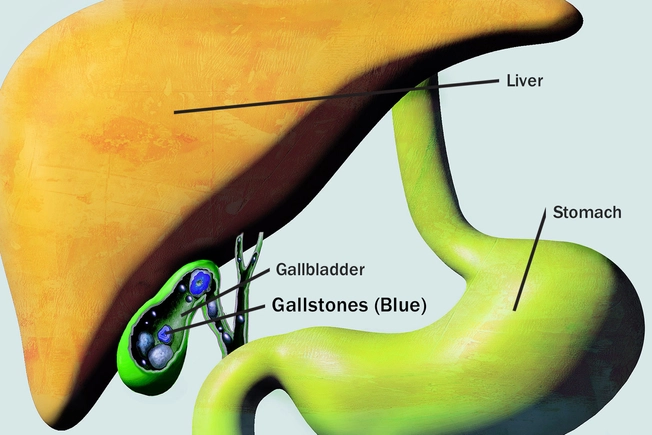
Pain in the Upper Part of Your Belly
Discomfort at the top of your belly -- especially if it comes on quickly and gets worse -- could mean a gallbladder attack. That’s when a gallstone blocks the flow of bile out of your gallbladder. It can happen after you eat or any other time. You might have shoulder pain, nausea, or vomiting. Talk to your doctor to find out the cause. Go to the emergency room if the pain or any other symptoms are really bad.
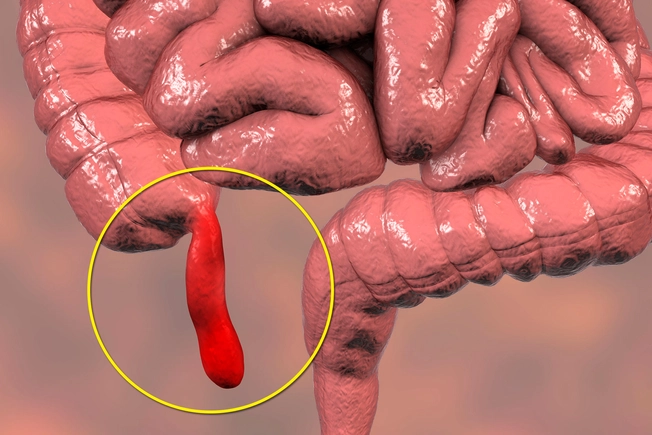
Lower Right Belly Pain
Sudden pain on the lower right side of your belly is a classic sign of appendicitis. That’s when your appendix is inflamed. The pain often starts near your bellybutton before it moves to the right side and gets worse.
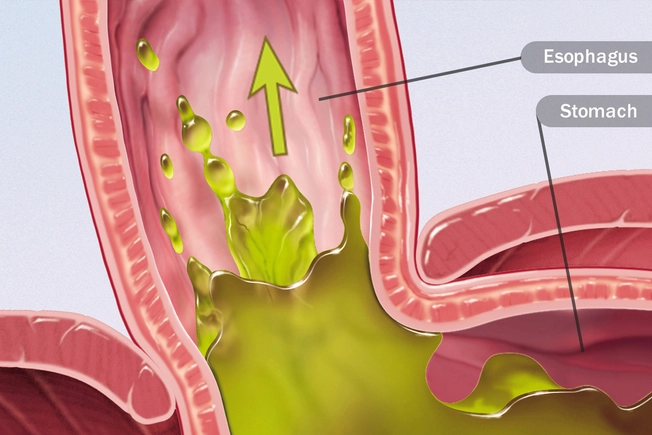
Always Feeling Full
A full stomach after eating less than usual isn’t normal. It might be because of an ulcer or GERD (gastroesophageal reflux disease). If you’ve had diabetes for more than 10 years, you could have gastroparesis. That’s when your stomach doesn’t empty as fast as it should. There could be a more serious cause, but that’s rare. Some cancers -- ovarian, stomach, or pancreatic -- can make you feel full fast, even though you didn’t eat a lot.

Black Stool
Poop that’s very dark or black could mean you’re bleeding in the upper part of your GI tract. But it could just be something you’ve put in your body. Black licorice, iron supplements, or bismuth subsalicylate can all make your poop dark. See a doctor right away to figure out the reason.
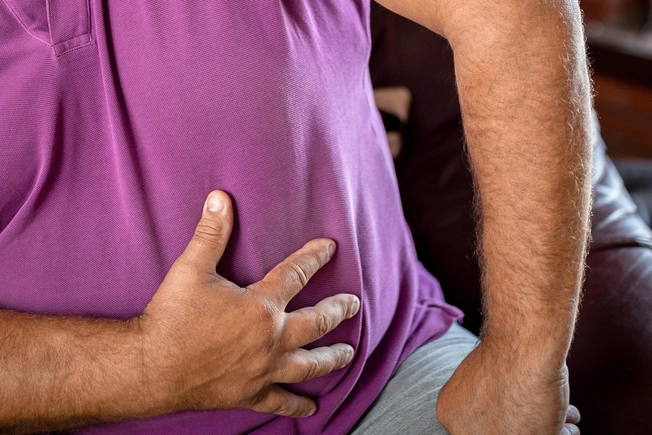
Sudden Pulsing Pain
An abdominal aortic aneurysm happens when your aorta gets bigger in one area. If the spot bursts, it can cause life-threatening bleeding. It happens most often to adults over 65. Being a man and smoking are two of the main risk factors. You’ll feel constant stomach or back pain. You may also feel your heart beat near your bellybutton. A rupture will cause sudden, tearing pain. Go to the emergency room if you have severe or sudden pain.
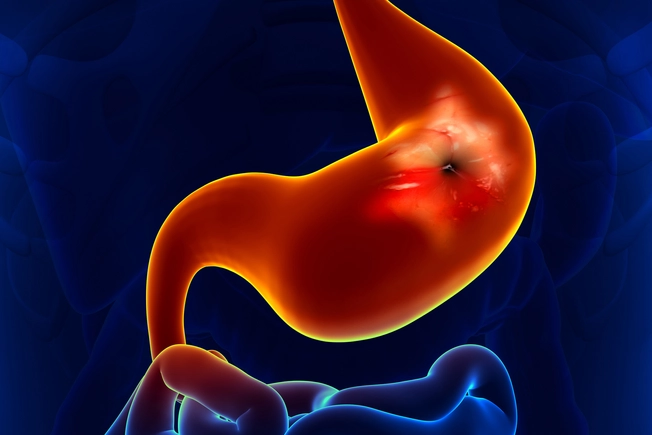
A Feeling of Strong Hunger Pangs
A stomach ulcer is an open sore on the lining of your stomach. It often causes a gnawing, burning feeling in the center of your belly. It can feel a lot like hunger pangs, but stronger. You may feel it travel up your neck or back.
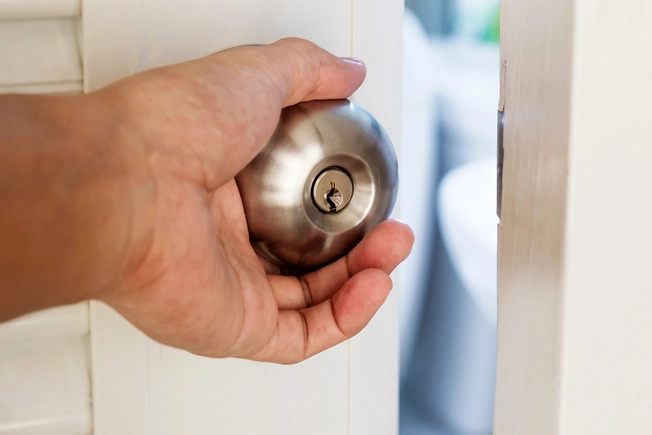
Constant Diarrhea
If it doesn’t stop after a couple of weeks, it’s probably not just a stomach virus. You might be dealing with irritable bowel syndrome (IBS) or inflammatory bowel disease (IBD). Or you might have an infection, a thyroid disorder, or a food allergy.